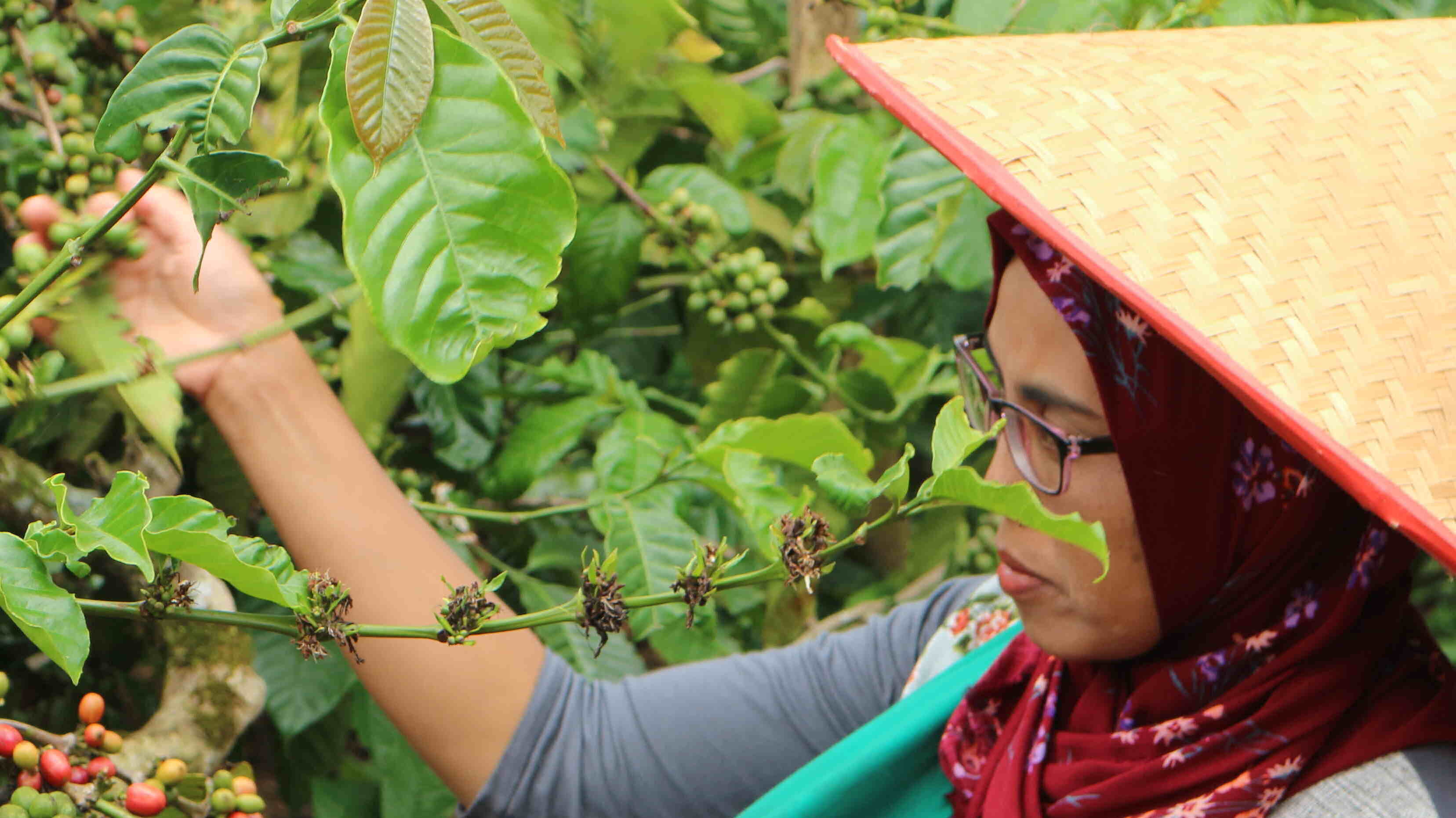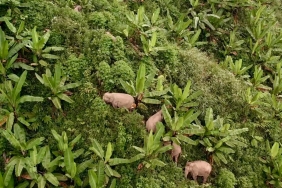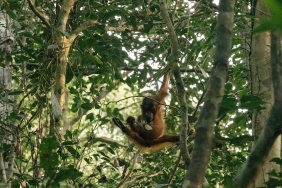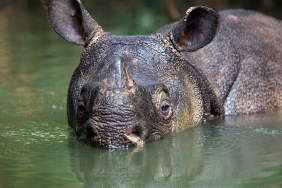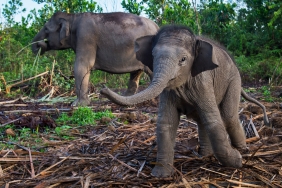FRAGRANT SRIKANDI COFFEE FROM SOUTH SUMATRA
Mist still covered Ngarip village at the foot of Tanggamus mountain that morning, when dozens of women gathered in a small room belonging to Srikandi Cooperative while listening to a presentation from Sri Wahyuni. That morning the members attended a routine meeting of the KSU held twice a month.
Sri Wahyuni, a woman who spends half of her life growing coffee, told the story of how she and several women in her village initiated the establishment of the Srikandi group, a women's group that is now a cooperative.
Being born and raised in the midst of a family of coffee farmers did not make young Sri Wahyuni fully understand coffee farming. The lack of jobs in the village eventually drove her to Jakarta, working in a factory for years. Until finally she thought of returning to her village and becoming a coffee farmer.
"At first, I didn't really understand good coffee farming. After returning from Jakarta, I joined a WWF activity that was training coffee farmers for sustainable cultivation. I became one of the participants and joined the Women Farmers Group."
The beginning of her introduction to WWF Indonesia was then the forerunner of the Srikandi group that she initiated together with other women in her village. The group was formed in 2015 after a training conducted by WWF together with Rumah Kolaborasi, a joint environmental NGO in Lampung.
"Of the 31 people who participated in the training, only 18 people had the commitment to form a Business Saving Group (KSU) and finally successfully formed in August 2015. As of 2018, the group has reached 200 members, all of whom are women. When Srikandi was first established, it was agreed that the business unit to be formed would be coffee powder. The reason was simple. Because this area is one of the coffee centers in Lampung. Most of the people in Ngarip village are coffee farmers, but so far we have always bought coffee powder from outside. We hope that by processing coffee beans into ground coffee by the Srikandi group, the role of women in driving the economy in the village can be improved."
Through KSU, Sri Wahyuni and the group's management pioneered micro-scale financing in the village which eventually succeeded in helping the village's economy.
The group she formed with other women in her village developed quite quickly. In just one year, KSU had 120 members and was able to distribute 33 million in profit sharing to members. By the end of 2017, the membership increased to 160 and the SHU distributed increased to 58 million. Until the end of 2018, KSU members who joined have amounted to 200 people and SHU distributed to members has reached 100 million.
"In this savings and loan activity, our job is to change people's behavior. Changing their habits so that they do not go into debt to middlemen during the famine and learn to save money during the harvest. So the concept of KSU Srikandi is to improve the community's economy so that they no longer destroy the forest." Sri Wahyuni said excitedly.
This is a success story of the women in Ngarip village in encouraging rural community-based economic development. The micro-finance model practiced by Srikandi Cooperative has provided many benefits for the villagers in meeting their daily needs and as business capital through savings. Thanks to the Srikandi coffee powder unit business they pioneered, every year sales increase, although marketing is limited to the Ulubelu area and as souvenirs for visiting guests. In addition, many of the cooperative members have implemented sustainable farming patterns after receiving sustainable agriculture field school training from WWF Indonesia. Coffee farmers who apply sustainable cultivation, including women in the village, already have important ecological knowledge in managing their resources, which is an important capital in sustainable rural development.

